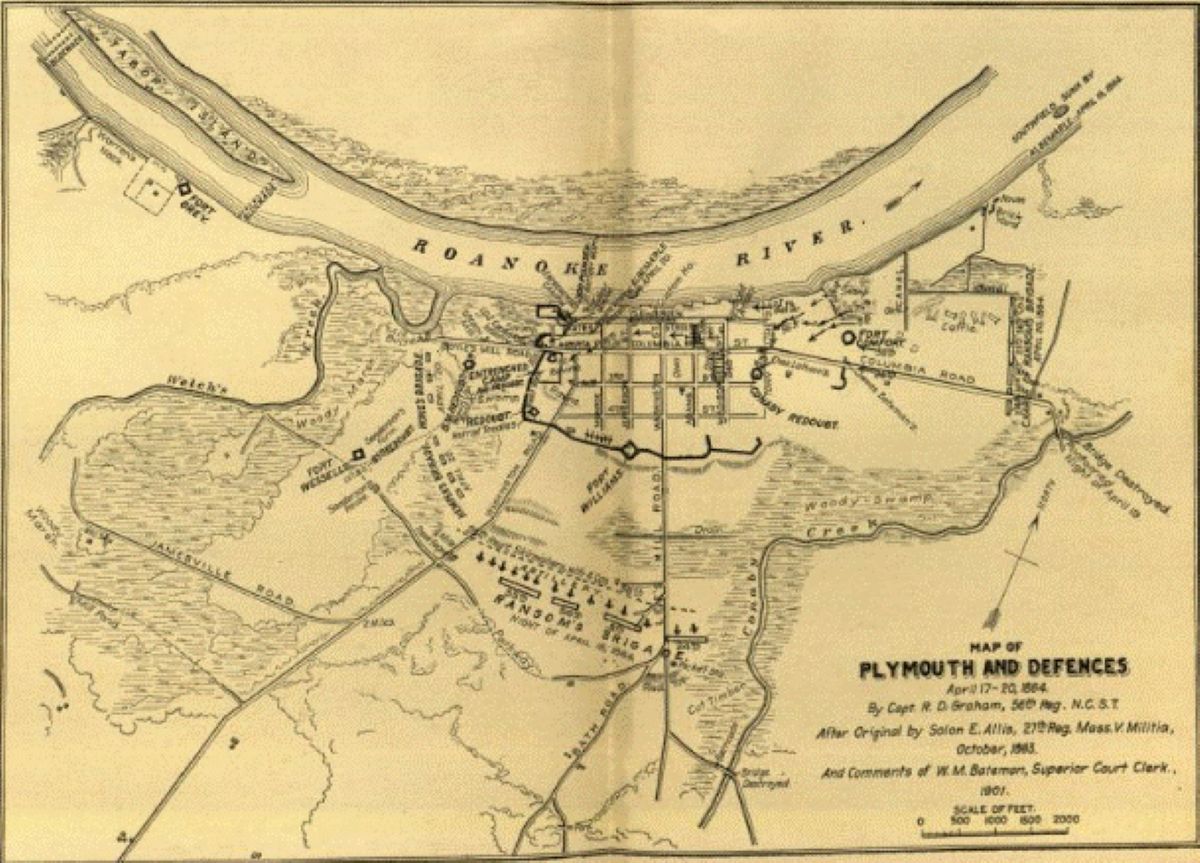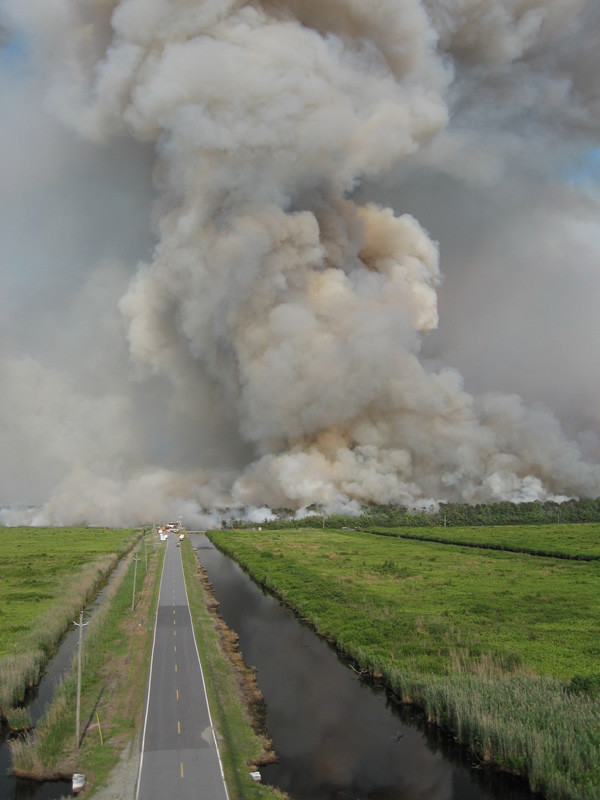
In April 1864, a Confederate attack on U.S. troops in Plymouth led to the killing of at least 100 Black soldiers and civilians.
The state is recognizing the Plymouth Civil War Massacre with a highway historical marker that will be dedicated during a ceremony at 11 a.m. Friday, Dec. 13, at the intersection of U.S. 64 and Rankin Lane in Plymouth.
Supporter Spotlight
Related: ‘As Long as a Star Can Be Seen’: 1864 Plymouth Massacre
Plymouth was a thriving port in the mid-1800s, according to the history the North Carolina Department of Natural and Cultural Resources provided.
Ships based there transported naval stores and crops on the Roanoke River as far east as the Atlantic Ocean and west to Weldon, where the river met the then called the Wilmington and Weldon Railroad. Weldon is just off Interstate 95 and about 8 miles south of the Virginia border.
Union troops first occupied Plymouth in May 1862 and the town was under Union control until April 1864. While the Union occupied the Washington County town for those few years, Confederate commanders would regularly make attempts to recapture the Plymouth, the history continues.
The Civil War Battle of Plymouth took place April 17-20, 1864, and was the result of a handful of factors, including that Confederate forces wanted to end the Union occupation of eastern North Carolina, and Union authorities occupied strategic intercoastal river ports in the region.
Supporter Spotlight
Accounts of a Black massacre on April 20, 1864, began shortly after Brig. Gen. Henry W. Wessells surrendered the Plymouth garrison. After the battle, Confederate soldiers killed at least 100 Black soldiers and civilians, ransacked the town for souvenirs and left Plymouth in shambles, according to historical accounts.
“The loss of Plymouth influenced recruiting and placement of African American troops in North Carolina. African American forces moved mainly to Virginia and fought as part of the Army of the James. Not until the United States attacks on Fort Fisher in December 1864 and January 1865 would African American troops again be involved in fighting in North Carolina,” the press release states.
The North Carolina Highway Historical Marker is a collaboration between the departments of Natural and Cultural Resources and Transportation. For more information about the historical marker, visit the website or call 919-814-6625.







